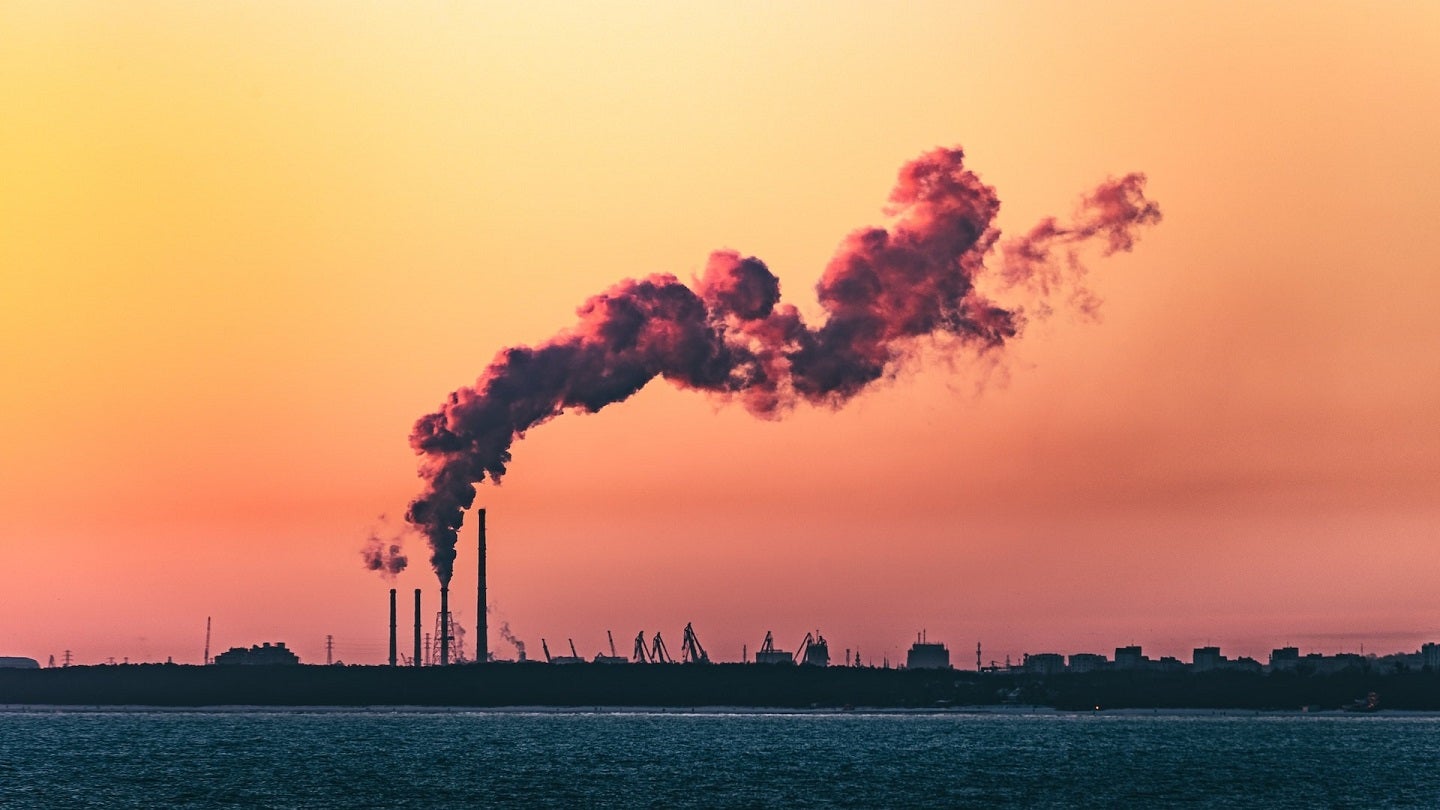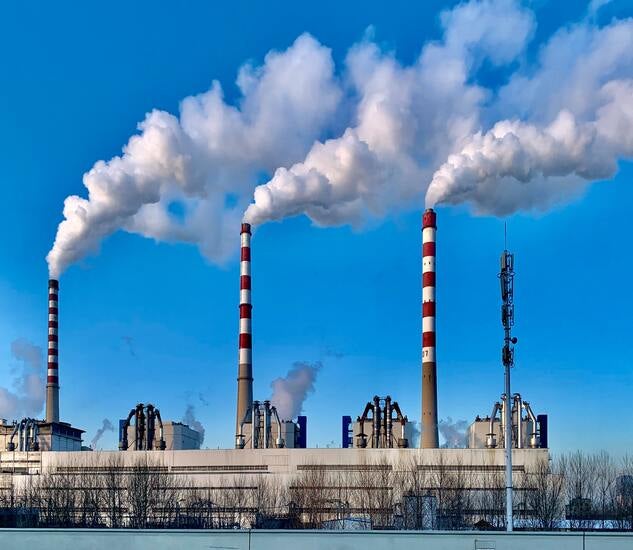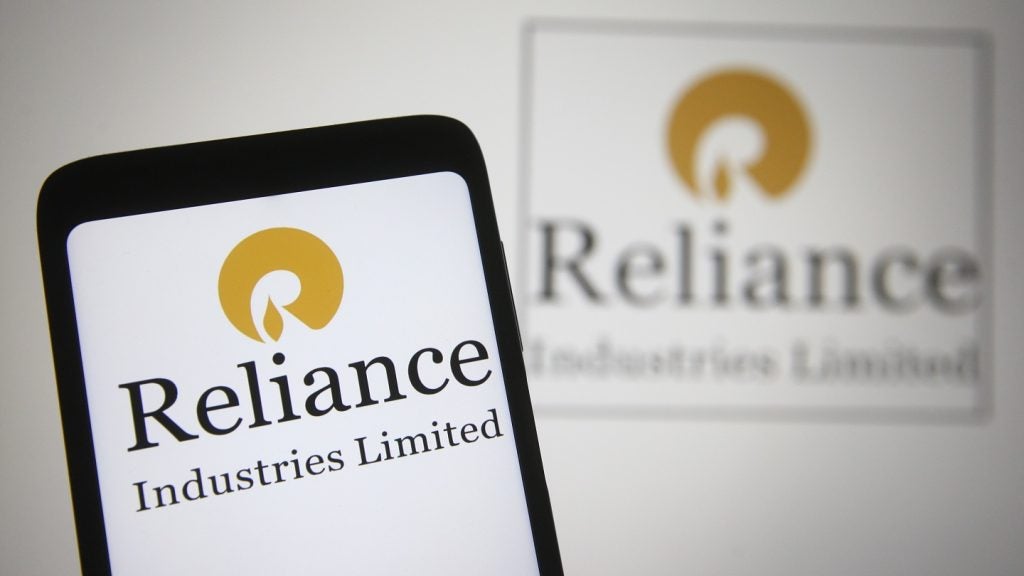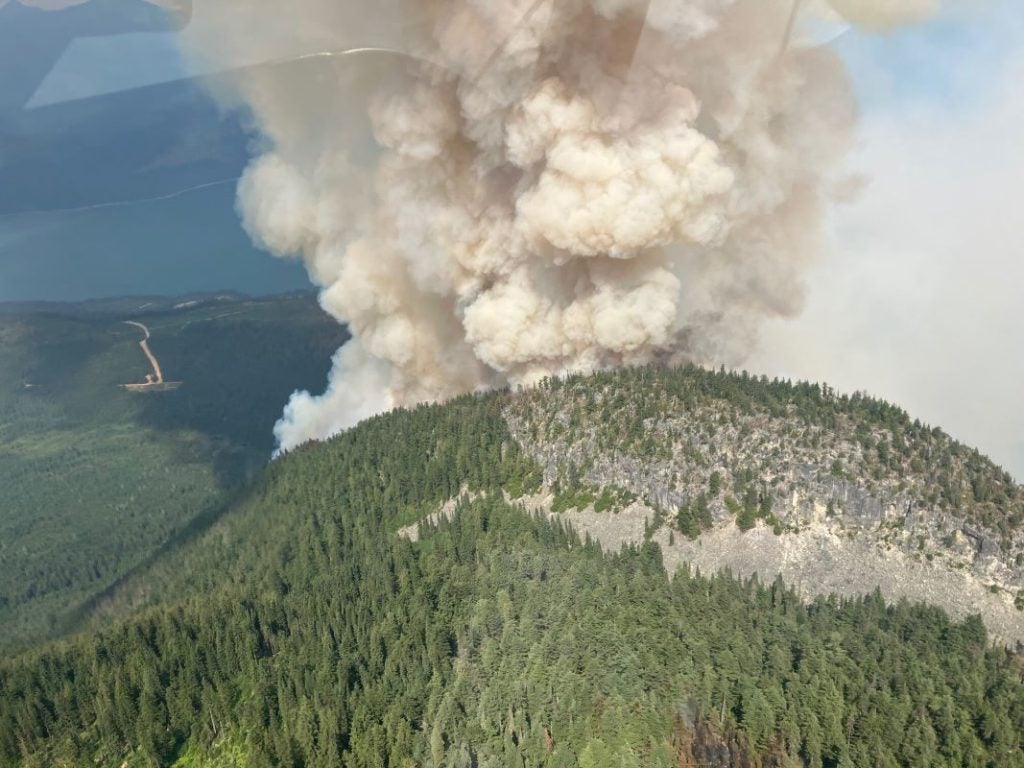
Indonesia has started the construction of the country’s first carbon capture, utilisation and storage (CCUS) project, reported Reuters.
Operated by UK oil and gas major BP, the CCUS project is located in West Papua province.
How well do you really know your competitors?
Access the most comprehensive Company Profiles on the market, powered by GlobalData. Save hours of research. Gain competitive edge.

Thank you!
Your download email will arrive shortly
Not ready to buy yet? Download a free sample
We are confident about the unique quality of our Company Profiles. However, we want you to make the most beneficial decision for your business, so we offer a free sample that you can download by submitting the below form
By GlobalDataIn a statement, Indonesian Energy Minister Arifin Tasrif said the CCUS project can store up to 1.8Gt of CO₂.
An official from the Ministry of Energy previously stated that bp will contribute $2.6bn (£2.06bn) to the project, with the first carbon injection anticipated in 2026.
bp did not disclose the investment amount.
Indonesia is actively working on multiple CCUS and carbon capture and storage (CCS) projects.
The nation’s carbon storage capacity in depleted oil and gas reservoirs is estimated to be 8Gt, while the amount in saline aquifers is 400Gt.
According to government data, there are currently 15 CCS and CCUS projects in various stages of development in Indonesia, including bp’s project, with a combined investment of close to $8bn.
Indonesia’s announcement comes after a warning by the International Energy Agency (IEA) that as the issue of climate change deepens, the oil and gas sector must make “pivotal” decisions regarding its role in the global energy transition.
In the report titled Oil and Gas Industry in Net Zero Transitions, the IEA also said that the sector is well-positioned to scale up such technologies (CCUS and CCS) to assist in meeting the target of net-zero emissions by 2050.
If oil and gas output is not reduced, it might not be an effective, economically feasible way to reduce global warming, the agency added.
Last month, bp shipped the first cargo of liquefied natural gas (LNG) from the $4.83bn Tangguh Train 3 LNG project in West Papua.
US oil and gas giant Exxon Mobil is also planning to invest $15bn to develop CCS facilities and petrochemical projects in Indonesia.








